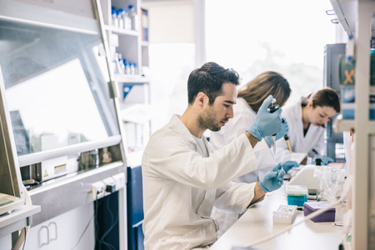The Future Of Cell Therapy Manufacturing
By Evan Bryant, Manager, and Adam Pfeiffer, VP of Strategy, Project Farma

Despite a more recent downturn in funding and progress for some assets across the space, the potential cell therapies have to address rare diseases and complex patients make these treatments a valuable and enduring investment in the broader market. The challenges that define the current landscape impact cell therapy development in particular ways; because these assets often scale out rather than up, the competition for both materials and personnel is often tighter than in other pharmaceutical applications. Additionally, poor trial outcomes in recent months have hampered investment, with a handful of high-profile failures creating uncertainty in a relatively new and burgeoning sector. This, coupled with added trial site burdens created by the COVID-19 pandemic, has delayed some research and stalled many trials.
Cell therapy development can be a difficult proposition under even the best circumstances. Added pressures surrounding the supply chain, cost, and foundational science that accompany this development have created new uncertainty and hampered investment. Despite these challenges, the promise these therapeutics hold will continue to spur research and investment well into the future, driven by forward-thinking approaches and new technologies designed to optimize these applications for cost and time.
Get unlimited access to:
Enter your credentials below to log in. Not yet a member of Bioprocess Online? Subscribe today.
